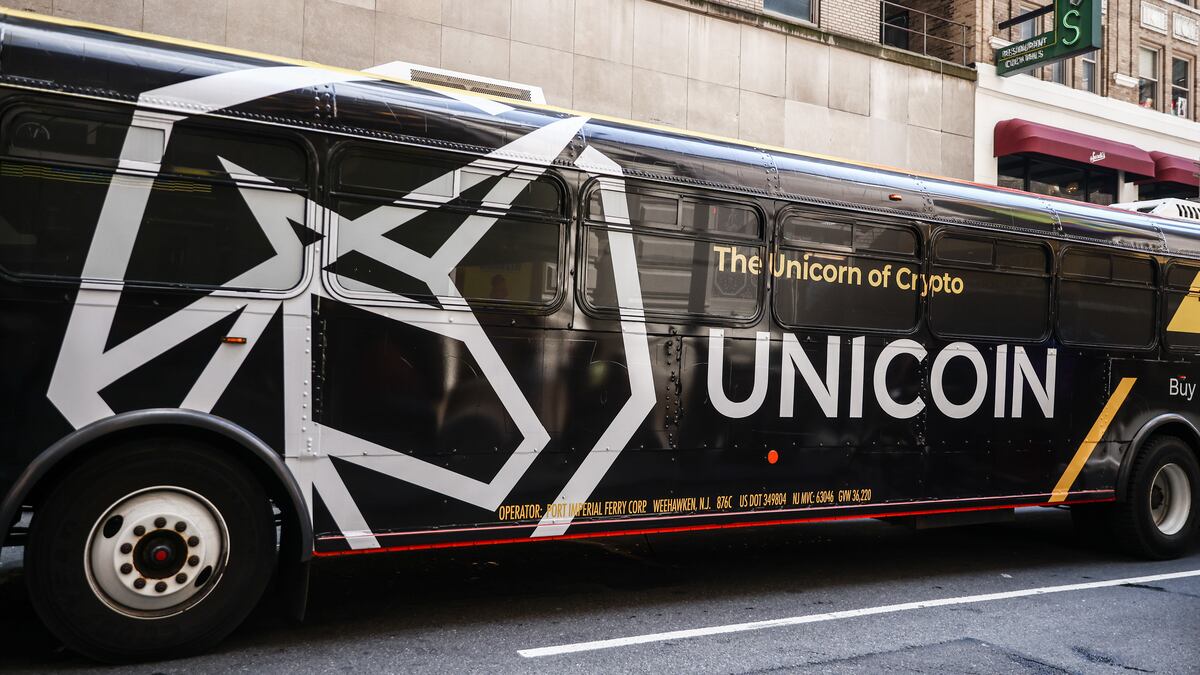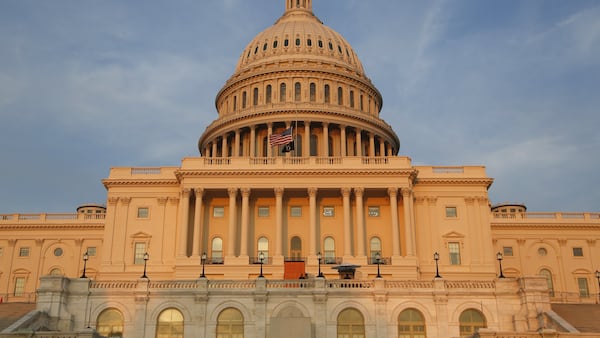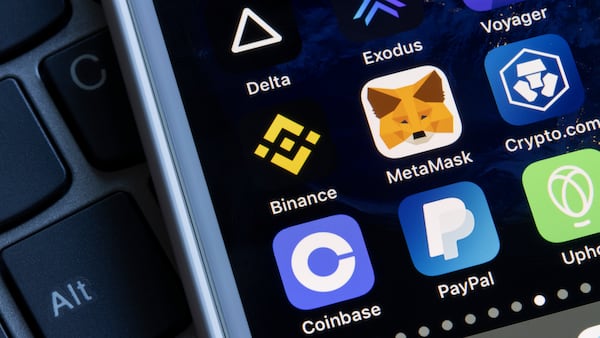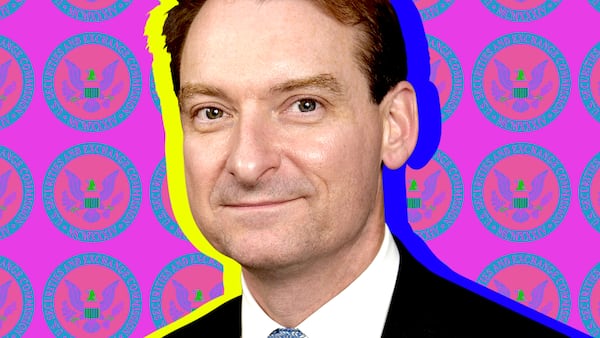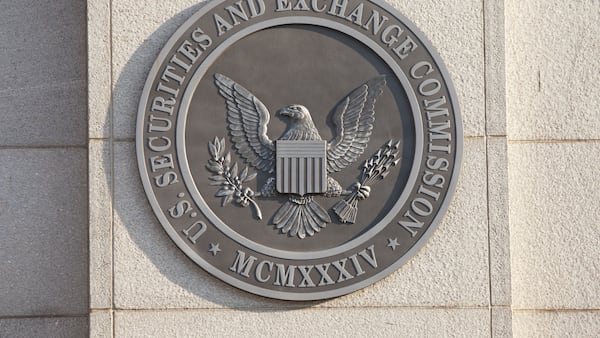- The SEC accused Unicoin of ripping off 5,000 investors.
- The New York firm offered certificates for tokens backed by real estate.
They thought they were buying cryptocurrencies backed by real world assets such as real estate.
They thought they were getting the inside track on unicorns, which are ultra-valuable startups.
Instead, more than 5,000 investors who put up a total of $100 million were basically left empty handed, officials said.
In one of the biggest cases involving crypto and real world assets, the US Securities and Exchange Commission on Tuesday accused a company called Unicoin and three top executives of running a “multi-pronged fraudulent scheme.”
Pre-IPO stakes
The New York-based firm, which called itself the unicorn of crypto, sold certificates to investors that were supposed to convey rights to digital assets backed by billions of dollars in property and equity stakes in pre-IPO companies, the SEC said in its complaint.
“The real estate assets were worth a mere fraction of what the company claimed, and the majority of the company’s sales of rights certificates were illusory,” Mark Cave, associate director in the SEC’s Division of Enforcement, said in a statement.
Moreover, Unicoin and its management — Chairman Alex Konanykhin, former President Silvina Moschini, and ex-Chief Investment Officer Alex Dominguez — allegedly said the offerings were “SEC registered” or “US registered” when they were not.
Unicoin and the executives did not immediately respond to a request for comment.
Rights certificates
The SEC also said the company and its officers violated securities laws by not registering its offerings.
The allegation is notable because under former SEC Chair Gary Gensler the agency pursued a raft of enforcement actions against Coinbase, Binance, Ripple and other crypto ventures for similar charges.
By deeming many cryptocurrencies to be the same as stocks, bonds, investment contracts or other securities, the SEC tried to apply existing law to digital assets.
The industry pushed back and argued cryptocurrencies were not securities but rather a new class of asset. After the Trump administration pledged to end the crackdown, the SEC dropped or paused virtually all its complaints.
In a twist, Unicoin itself pitched its offering as a security, the SEC said in its complaint.
It sold “Unicoin Rights Certificates” that purportedly allowed buyers to reserve UniCoins, which are, in the words of the company, “securities tokens being developed for future issuance.”
Ad blitz
Unicoin touted its products by advertising on the sides of New York buses, taxis, and on social media and TV programmes.
Founded in 2015 under another name, Unicoin was originally set up as a software-as-a-service company.
By 2022, Unicoin had morphed into a crypto firm and pitched itself as a “real company” that is audited and regulated.
The venture also claimed that its product was a “value-backed superior alternative to Bitcoin and other cryptocurrencies,” the SEC said.
Bitcoin, which investors can buy easily and cheaply through regulated exchange-traded funds, has soared 55% in the last 12 months, according to CoinGecko data.
On Wednesday, it hit another all-time high.
$37,500 penalty
In its enforcement action, the SEC is asking a court to permanently block Unicoin from continuing its allegedly fraudulent business, to order the disgorgement of ill-gotten gains, and impose civil penalties on Unicoin and the three executives.
Without admitting or denying the SEC’s allegations, Richard Devlin, the firm’s general counsel, has consented to the agency’s judgment in the case and has been ordered to pay a $37,500 civil penalty.
Edward Robinsonis the story editor forDL News. Contact the author ated@dlnews.com.


